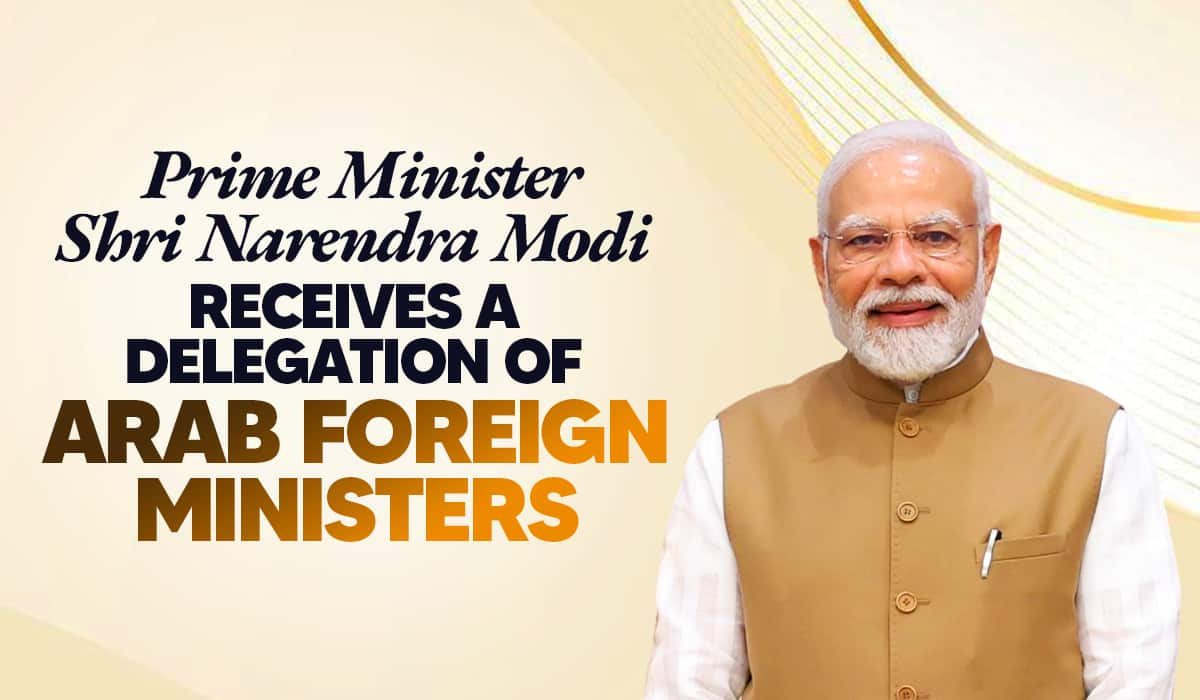The ITER Organization is celebrating the Start of Assembly of the ITER Tokamak with a ceremony today on 28th July 2020 at Saint-Paul-Lez-Durance, France. Invited Head of States of all ITER member countries are participating either in person, or electronically through remote mode, or conveying his/her message. The Celebration has been hosted virtually by President Macron.
In his message, Honorable Prime Minister Shri Narendra Modi congratulated the ITER organization for their hard work and success so far. Taking note of the global participation of scientists and engineers he projected ITER to be a perfect illustration of the age-old Indian belief - Vasudhaiva Kutumbakam - the entire world is working together for the betterment of Mankind and that India stands proud with its fair share of contributions in terms of its in-kind contributions, viz., the cryostat, in vessel shields, substantial contributions to the cooling water, cryogenic and cryo-distribution systems, auxiliary heating devices using RF and beam technologies, multi mega watt power supplies and several diagnostics to help ITER to achieve and demonstrate its goal.
On the occasion, the message from Prime Minister of India Shri Narendra Modi was delivered by Shri Jawed Ashraf, Ambassador of India to France & Monaco.
Click here to read PM's speech













